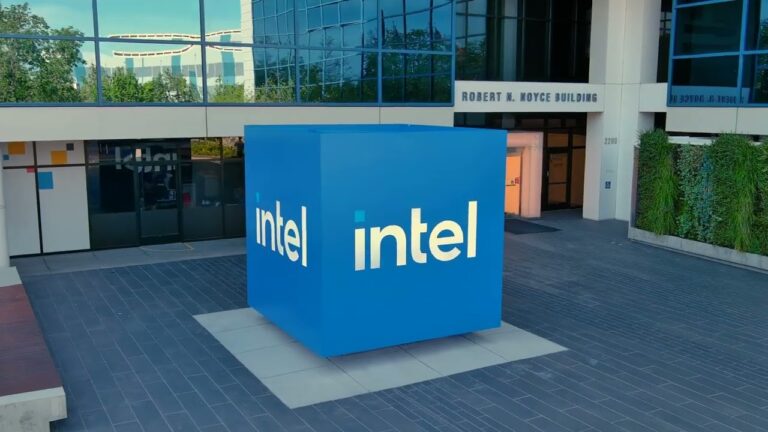Visa and Mastercard Settle Longstanding Swipe Fee Dispute, Promise Relief to Merchants
Visa and Mastercard are going to limit the swipe charges they levy on their merchant customers, which should save American businesses some $30 billion over the next five years. It would be one landmark settlement among myriad legal tussles that have gone on close to two decades.
The settlement, announced Tuesday, is still awaiting court approval.
It is from a 2005 legal case filed for when merchants complained of Visa and Mastercard charging them with inflated rates to process their credit/debit card transactions. Each time a consumer swipes the either the Visa or Mastercard, there is a swipe –fee that is realized—the average being at 2.26% of the amount transacted. The fee goes directly t the card companies and their issuing banks. Most times these fees are passed on to customers to pay higher prices of commodities or services.
Key Provisions of the Settlement There are big major changes in the agreement that favor merchants. Visa and MasterCard agreed to reduce the posted swipe fee of every merchant in the agreement by not less than 0.04 percentage points for at least three years. Both will not increase fees above the posted rates as of the end of last year for five years.
The average rate systemwide, calculated by an independent auditor, needs to be at least 0.07 percentage points below the current average rate.

Though, at the same time, merchants can also now adjust their prices with the pricing of accepting the different types of card. They can then explain to the customer why a certain card—and that which gives more rewards and benefits—is more expensive than others to process.
Robert Eisler, co-lead lawyer for the plaintiffs said of the settlement, “This settlement achieves our goal of eliminating anticompetitive restraints and providing immediate and meaningful savings to all U.S. merchants, small and large.
Varied Reactions from the Business Community
Reaction from the merchant community, however, has been mixed. Although smaller merchants say they remain unconvinced about changes in the long term. The Merchants Payments Coalition, an organization of retailers, supermarkets, convenience stores, gas stations and online merchants, said temporary fee reductions are not enough.
“The settlement does nothing to actually bring competitive market forces to swipe fees or change the behavior of a cartel that centrally fixes rates and bars competition,” said Christopher Jones, a member of the coalition’s executive committee and senior vice president of government relations at the National Grocers Association. He opposed the deal and said it provides only “token” and temporary relief, which would give card companies an opening to raise rates yet again in the future. One Democrat who has long crusaded for keeping interchange fees in check is Senator Richard J. Durbin of Illinois. Representing credit card users’ interests, he introduced bipartisan legislation in June requiring the largest banks issuing credit cards to enable the cards to be processed on at least one network other than Visa or Mastercard.

Challenges Ahead for Merchants
All of this is on top of the merchant-related practical challenges that Kantor of the National Association of Convenience stores mentioned that might have an impact in terms of settlement provisions. If ever such a practice would be allowed, this will layer up the complication of any pricing strategy that a merchant would implement and deepen all kinds of customer-relations problem. “And when they do use them, it makes the merchants the tax collector for the charges—and it makes merchants the bad guy in the eyes of the consumer, when it’s really the credit card companies that are squeezing everyone when it comes to big fees,” Kantor said.
Neither Visa and Mastercard ever admitted wrongdoing at the settlement.
“This agreement offers business owners a level of certainty and value from a very complicated system — and a path to flexibility in the management of card programs,” said Rob Beard, chief legal officer and general counsel at Mastercard. “We have agreed to a deal with a set of significant concessions that specifically redress actual pain points small businesses have identified,” said Kim Lawrence, Visa’s president for North America. That’s a view shared by Ron Shevlin, chief research officer at Cornerstone Advisors. He believes the actual significance of the settlement could be that it has begun to give smaller merchants a reason to band together and negotiate as a collective group in an attempt to get better fees. “This is where the door has opened,” Shevlin commented, “to something they haven’t had the power to do before. “This landmark settlement, if accepted by the court, will change the playing field of credit card processing fees, providing some relief to merchants but continuing to fuel debate on the need for broader regulatory reforms in the payments industry.”.




+ There are no comments
Add yours